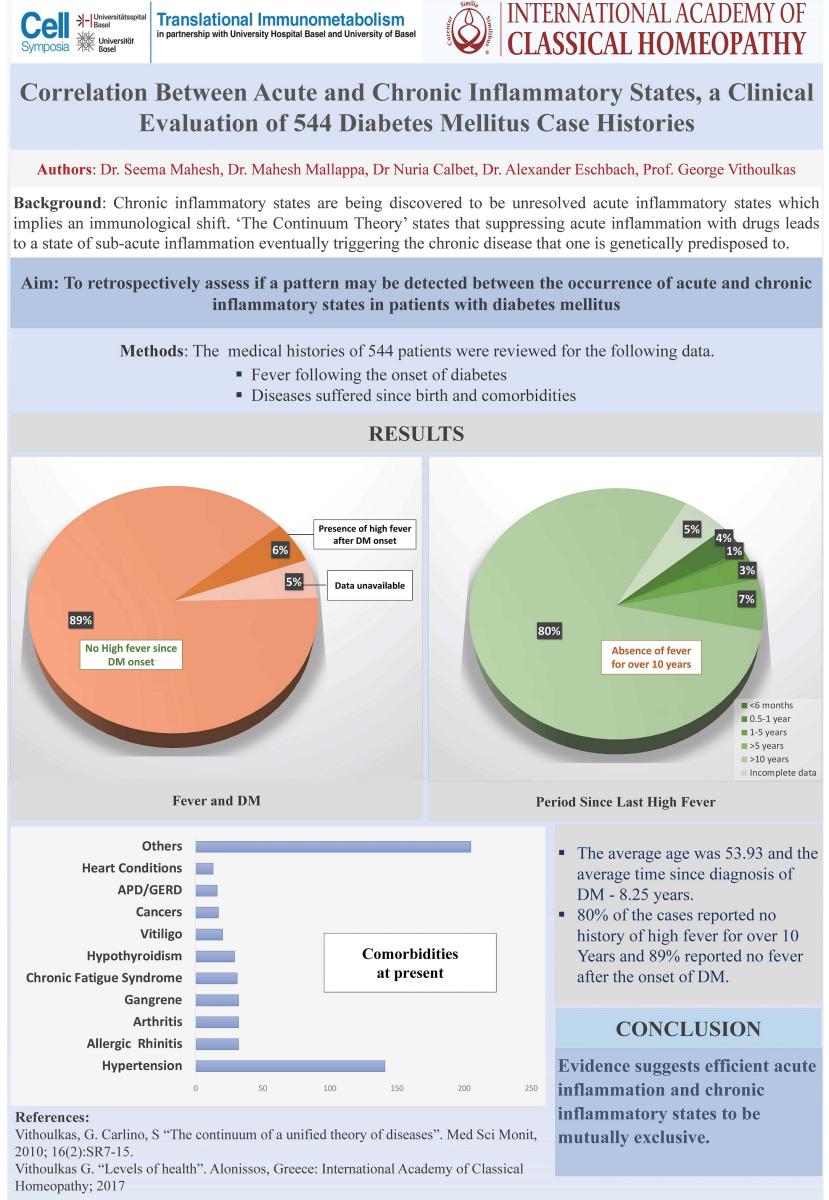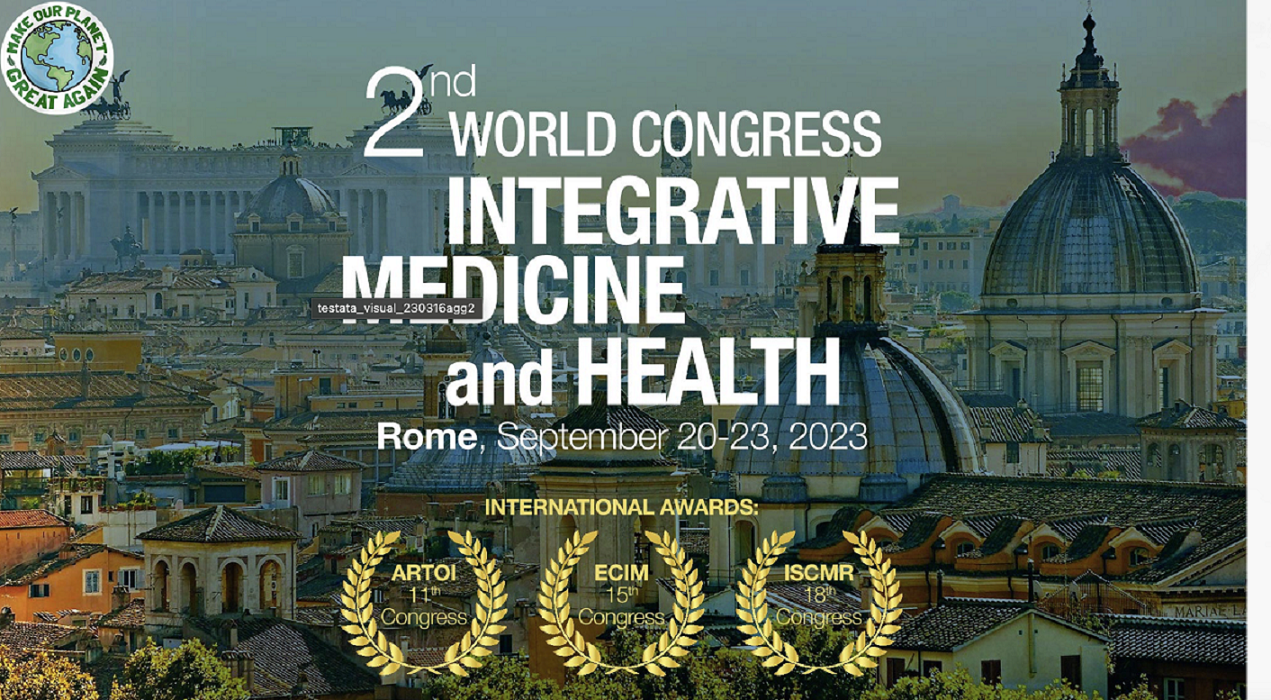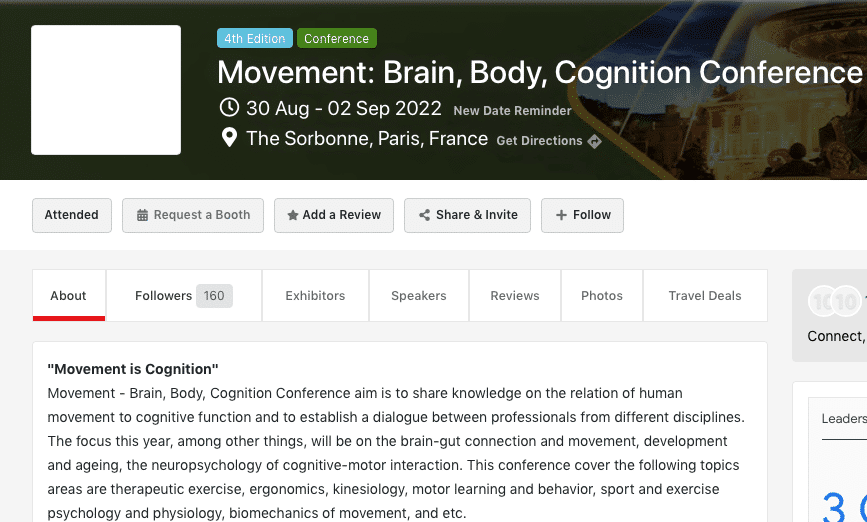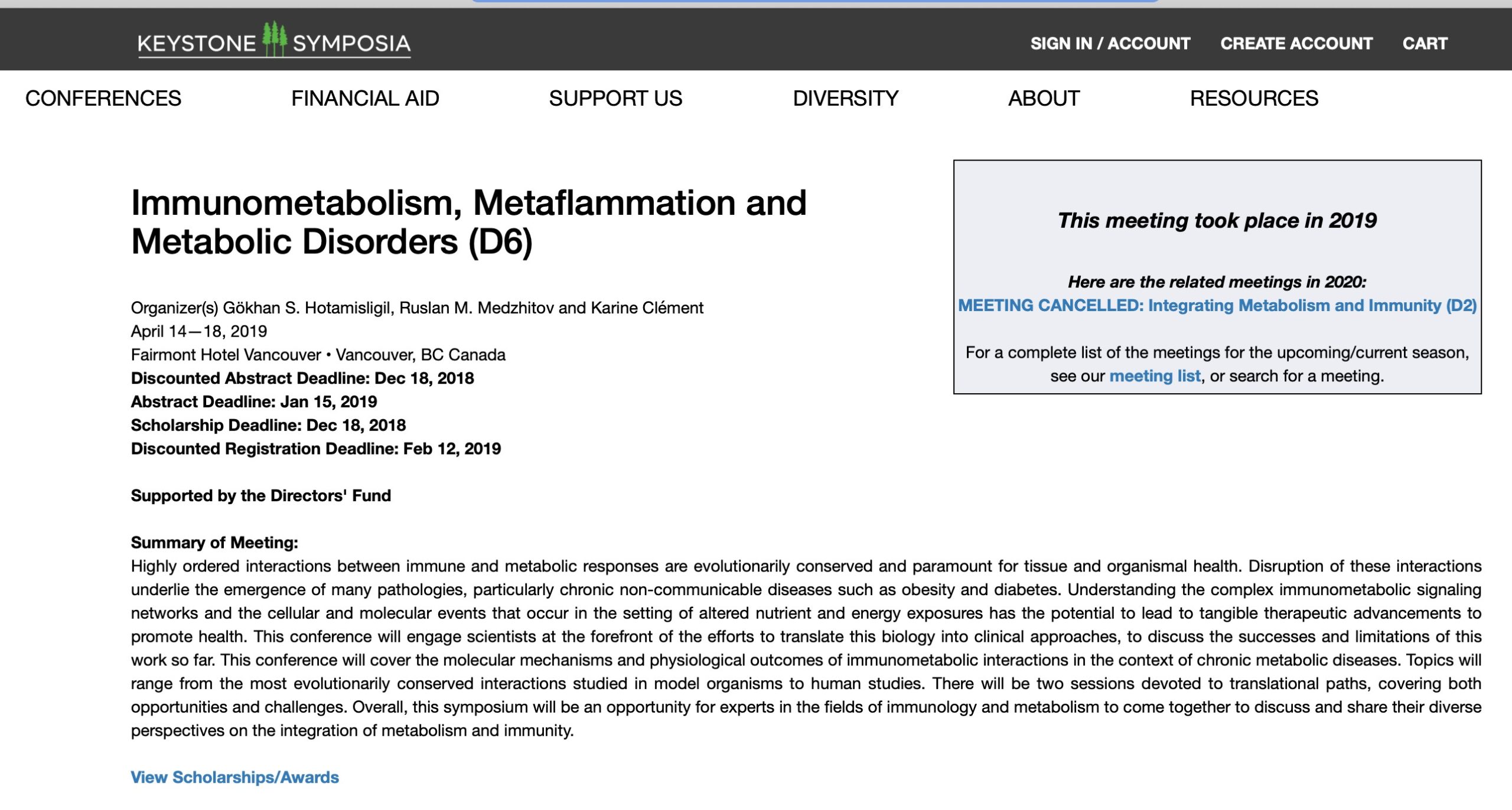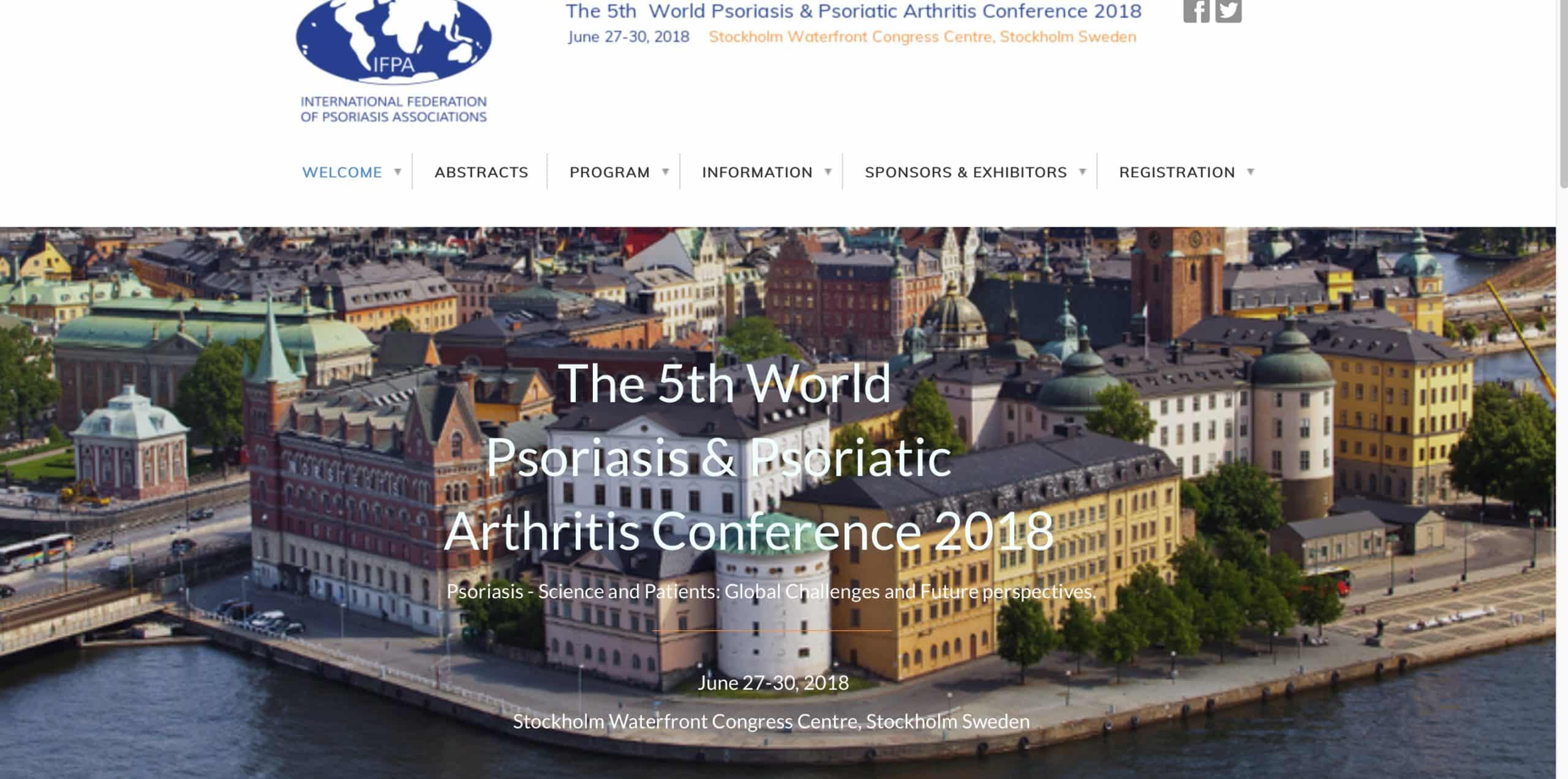Correlation Between Acute and Chronic Inflammatory States – A Clinical Evaluation of 544 Diabetes Mellitus Case Histories
Dr Seema Mahesh1, Dr Mahesh Mallappa1, Dr Nuria Calbet2, Dr Alexander Eschbach2, Prof George Vithoulkas2
1 Centre for Classical Homeopathy Bangalore India
2 International Academy of Classical Homeopathy, University of the Aegean, Greece
Background:
Chronic inflammatory states are being discovered to be unresolved acute inflammatory states which implies an immunological shift from efficient acute inflammation to chronic. ‘The Continuum of a Unified Theory of Diseases’ states that the pathological events in a person’s life are a continuous phenomena and that suppressing acute inflammation with drugs will lead to a state of sub acute inflammation eventually triggering the chronic disease that one is predisposed to genetically. It also states that with the right therapy the phenomenon reverses and as the chronic inflammatory state improves in terms of the pathological parameters, co morbidities and general condition, the acute inflammatory states start to reappear. If this may be verified clinically then bigger controlled cohort studies may be conducted in the population.
Aim
To retrospectively assess if a pattern may be detected between the occurrence of acute and chronic inflammatory states in patients with diabetes mellitus (DM).
Methods
544 DM patients’ medical history was examined for past history (diseases suffered since birth), co morbidities, last high fever (39 to 40oC), fever after onset of diabetes.
Treatment outcome was made for cases with > 6 months follow up. This included onset of acute infections/fevers after starting treatment, general condition after onset of acute diseases, mental/emotional disturbances after onset of acutes
Results
The following data were obtained
Total 544 cases with 233 females and 311males. The average age of the patients was 53.93 and the average time since diagnosis of DM was 8.25 years
The top 10 diseases in the past history, in order of frequency were
Allergic Rhinitis/Bronchitis/Asthma, Tonsillitis, Dermatitis, UTI – Recurrent, Anal Fissure/Fistula/Haemorrhoids, TB, Appendicitis, Renal Calculi, Fibroid Uterus, Hypertension and Typhoid
81% of the cases reported no history of fever for over 10 Years and 89% reported no fever after the onset of DM.
The top 10 co morbidities in order of frequency were
Hypertension, Allergic Rhinitis/Bronchitis/Asthma, Arthritis, Gangrene/Diabetic Foot/Non Healing Ulcer, Chronic Fatigue Syndrome, Hypothyroidism, Vitiligo, Ca, APD/GERD, Heart Complaints
197 cases had follow up of > 6 months so were considered for the outcome assessment
36% (71 cases) of these cases developed acute diseases after starting individualised therapy. Of these, 58% had an improvement in their general condition after the onset of acute diseases.
56 cases of these had mental/emotional issues and 63% improved greatly in these parameters after the onset of acute diseases.
Conclusions
There seems to be a mutually exclusive situation between efficient acute inflammation and chronic. Further in depth immunological studies must be undertaken at the level of population in order to assess the damage that might be caused by indiscriminate suppression of acute diseases/fever.

